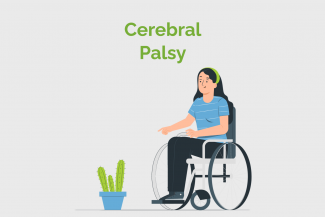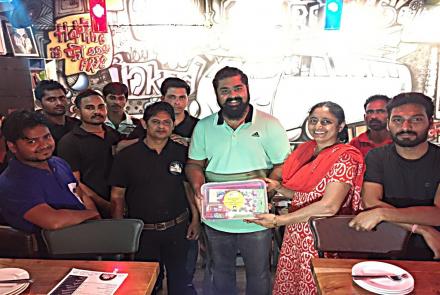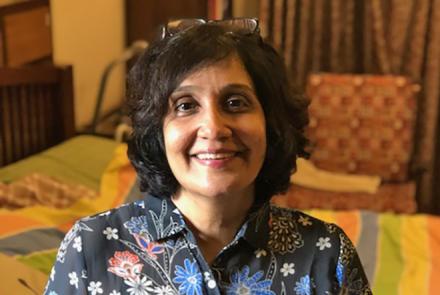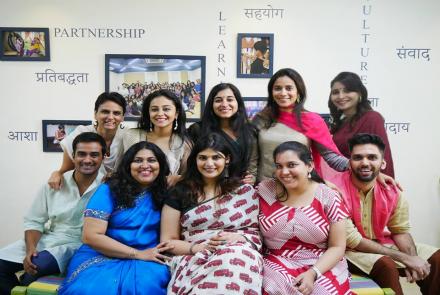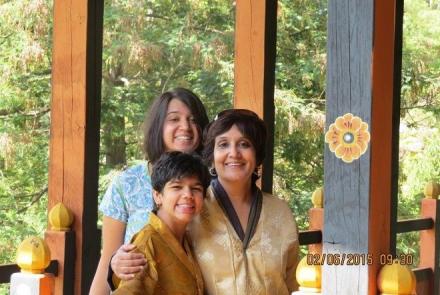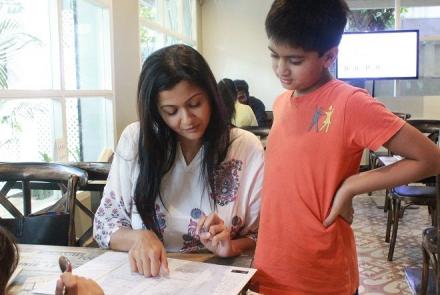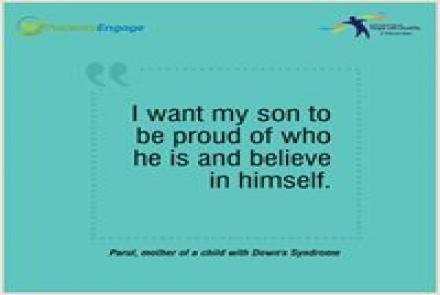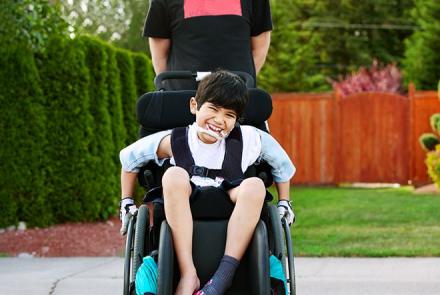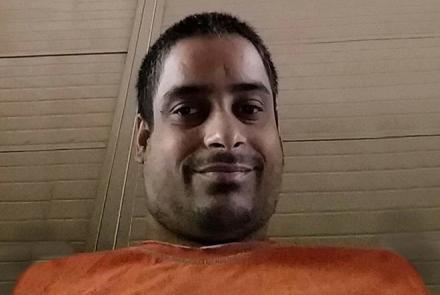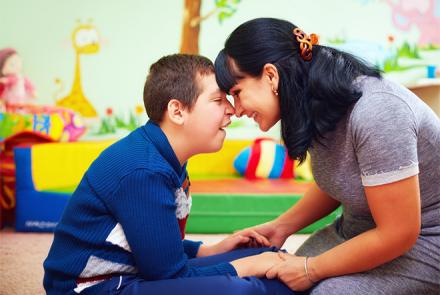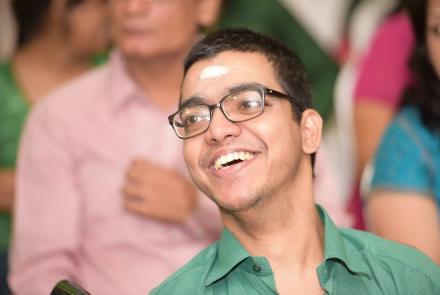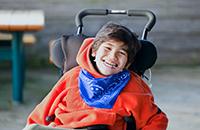
Treatment includes:
- Treatment to improve movements
- Drugs for medical problems
- Surgical approach
Treatment to improve movements: Physiotherapy
The child may need physiotherapy, sometimes throughout his life. The aim of physical therapy is to:
- Encourage motor development
- Improve the ability to move all parts of the body
- Promote, maintain and restore physical, psychological and social wellbeing.
Equipment used to improve movements include:
- Devices to maintain normal posture of the child, eg, cushions.
- Devices like splints and jackets to support the child's joints. These devices may also help manage uncontrolled limb movements.
Medication for medical problems:
For spasticity(Prescribed to relieve stiff muscles)
- Intra thecal Baclofen
- Botulinum toxin
- Diazepam
- Dantrolene
- Of all these intra thecal baclofen is proved to be more effective.
For depression(Patients with cerebral palsy may have anxiety and depression)
- Citalopram
- Fluoxetine
- Paroxetine
- Sertraline
For pain (Pain in these patients may be due to exercises, surgical pain and from medications induced through needle)
Medications include anti-inflammatories like:
- Aspirin
- Corticosteroids
- Nonsteroidal anti-inflammatory drugs (NSAIDs)
- Steroids
For epilepsy(Most of the patients with cerebral palsy have seizures. Anti-convulsants are drugs prescribed to reduce or prevent seizure activity.)
- Carbamazepine
- Sodium valproate
- Lamotrigine
- Phenytoin
For salivary control (Most of the patients have drooling saliva)
- Benzhexol hydrochloride
- Glycopyrrolate
These drugs should be used with caution and only under doctor's advice.
Surgical approach
Each individual’s circumstance for treatment will be unique. Surgical intervention is not appropriate for everyone. Surgery intervention is used only if the benefit outweighs the risk. Surgical procedures have limitations and potential for serious complications. Less invasive and alternative options are usually considered before surgery is recommended. Routinely performed surgeries for treatment of cerebral palsy are:
- Neurosurgery
- Medicine related surgery, for instance to correct spasticity where Baclofen is surgically implanted in the body
- Hearing correction surgery
- Vision correction surgery
- Orthopaedic surgery
- Gastroenterology surgery to improve the process of feeding, digestion.
Natural ways:There is some belief that natural supplements, such as fish oil, ginger and Echinacea, improve muscle and brain activities. You can discuss this with the doctor.

